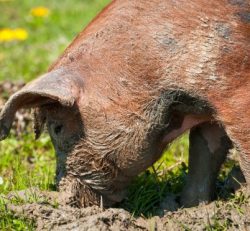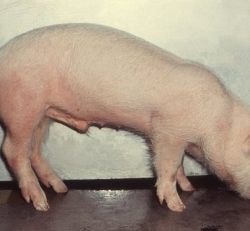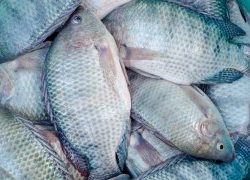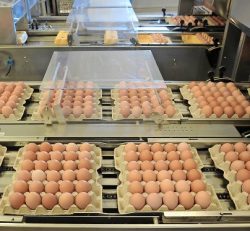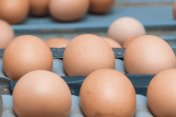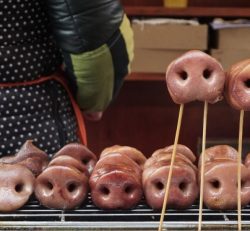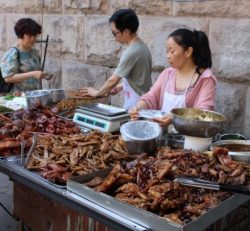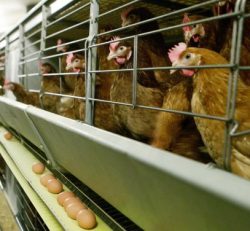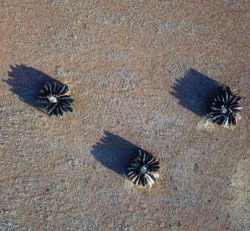STRESSFUL BIRDS MORE LIKELY TO PRODUCE FEMALE CHICKS
Stress and a lack of resources can trigger hormonal shifts that make it more likely for a mother to produce female offspring.
And research from the University of Georgia College of Agricultural and Environmental Sciences suggests that it’s also true for birds, although the mechanism is different.
Professor Kristen Navara argues that women who gain less weight during pregnancy are more likely to have female offspring, and wild birds that experience food shortages or other environmental stress produce more female chicks.
“So all birds and mammals produce these hormones, and that’s what elicits physiological responses that help them survive environmental challenges.
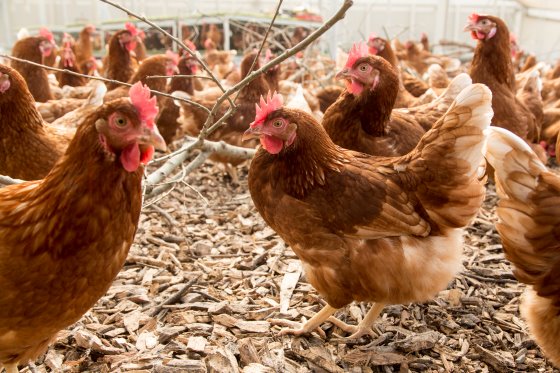
Photo: Koos Groenewold
“When we knew that wild birds were able to adjust the sex of their offspring, our first question, was – what is responsible for transducing those environmental conditions into physiological signals that could control sex ratios?” The answer was stress hormones. We believed those stress hormones might mediate this effect on sex ratio, and we have found that they are, at least in part, a player in the process of manipulating sex ratios.”
They found that treating laying hens with corticosterone, the stress hormone, can influence the sex chromosome the hens’ offspring inherit.
Earlier this year, Prof Navara published a book exploring the factors that skew sex ratios in animals. The book, “Choosing Sexes: Mechanisms and Adaptive Patterns of Sex Allocation in Vertebrates,” is one of the only works that takes a comparative approach to explain the powerful use of hormones to manipulate sex ratios across species.
Understanding how stress hormones affect the sex of the hens’ chicks is invaluable information for the poultry industry, which needs male chickens to populate broiler houses and female chicks to populate laying houses.
“We know that birds in the wild have the ability to alter sex of their offspring without our help,” said Navara. “We want to harness that ability for the industry.
“In the poultry industry, the sex of the chicks is particularly important. So we’re trying to find a treatment that would programme the hen to produce more of the desired sex.”
Currently, with the help of the Georgia Genomics and Bioinformatics Core, Navara’s team has identified a handful of genes that could potentially be the links through which stress and stress hormones control the sex of progeny. They are now in the process of verifying whether expression of these genes does, in fact, change when stress triggers sex-ratio skews.
Up until this point, they’ve only been able to affect the sex ratio of the hen’s chicks by treating her with hormones, a practice that is banned in the poultry industry.
Their next step is finding a hormone-free treatment to trigger the gene responsible for translating stress into hormones to skew the sex ratio of chicks. Eventually, argues Navara, that could be accomplished through breeding, but that is one for the future.
Tony McDougal
Freelance Journalist
Source: www.poultryworld.net


